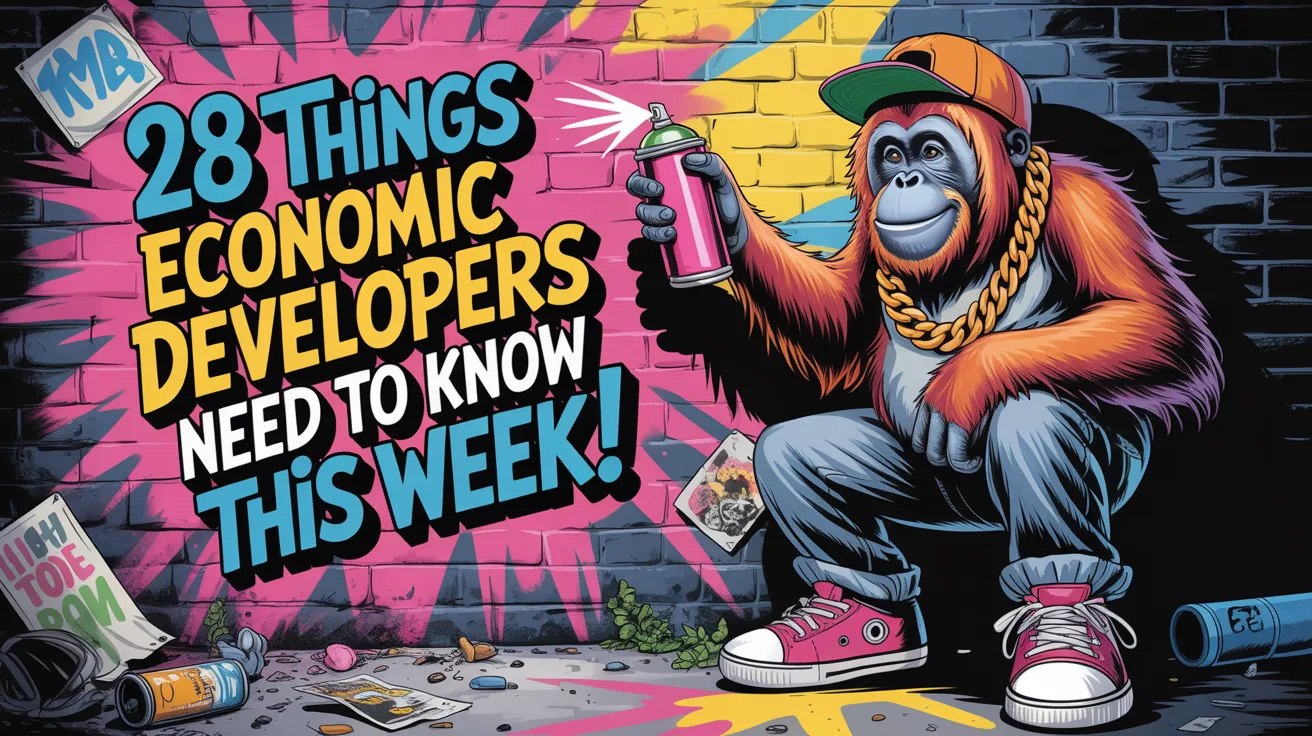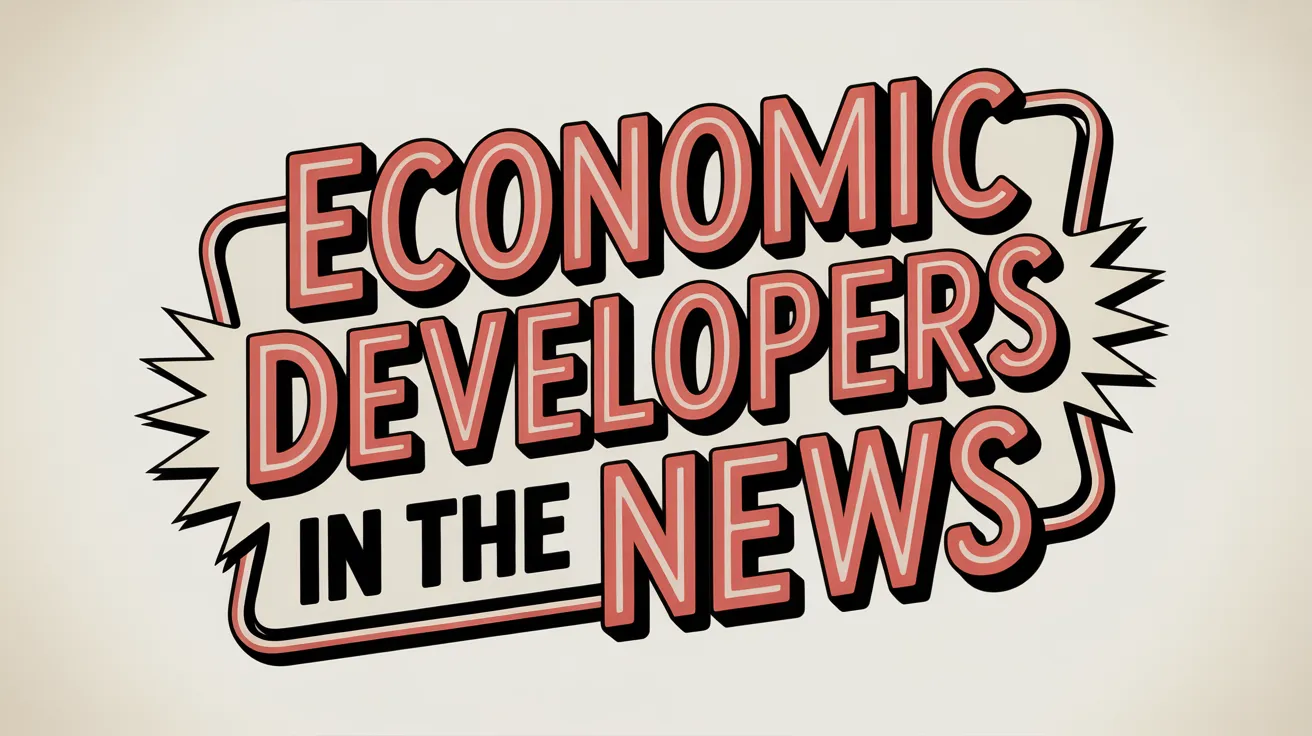46 Things Economic Developers Need To Know This Week
The stories that you need to see from this week. August 5, 2021 edition.

In 11 states, from $40,000 - $286,000
The stories Dane thinks you need to see. July 2, 2025 edition.
Econ dev news from 75 economic development executives and organizations in 24 states.


